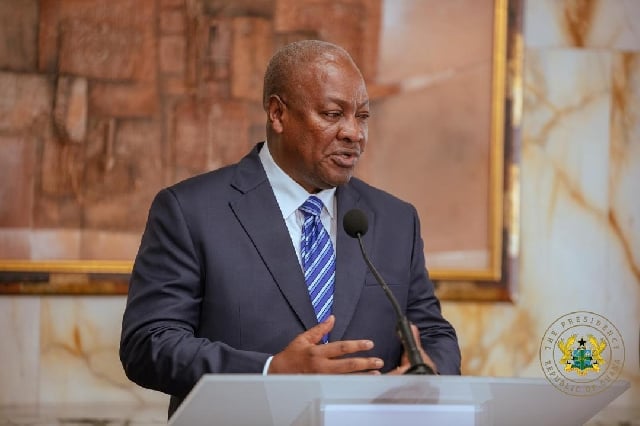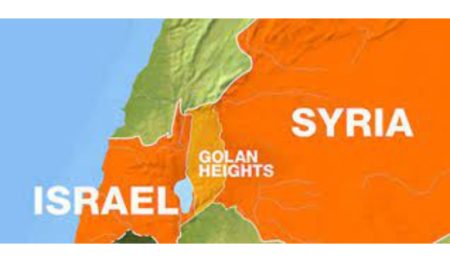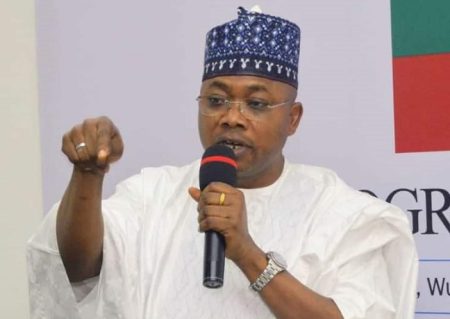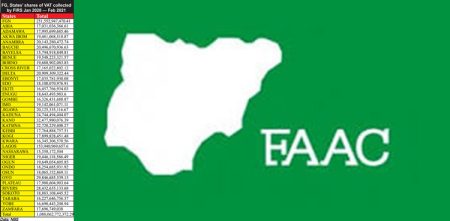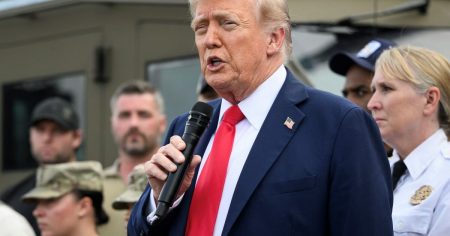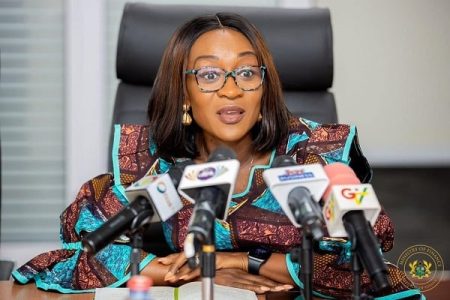President John Dramani Mahama’s address at the 7th African Union (AU) Mid-Year Coordination Meeting in Equatorial Guinea marked a significant turning point in the pursuit of reparations for Africa. His powerful call for justice, dignity, and historical reckoning resonated deeply, reframing the demand for reparations not as a plea but as a fundamental right. Leveraging the AU’s 2025 theme centered on justice for Africans and people of African descent, President Mahama rallied the continent to unite behind this shared purpose, shifting the narrative from isolated appeals to a collective, forceful demand for acknowledgment and redress of historical injustices. He emphasized that reparations transcend mere financial compensation; they represent a moral imperative to restore the dignity stripped away by centuries of slavery, colonialism, and racial exploitation. It is a call to confront the deeply embedded legacies of these historical atrocities and forge a new path forward based on truth, equity, and healing.
Mahama’s articulation of the reparations movement moves beyond the traditional focus on financial recompense, delving into the profound psychological and societal wounds inflicted upon African people. He argues that true réparation requires a fundamental shift in global consciousness, a recognition of the enduring impact of historical traumas, and a concerted effort to dismantle the systemic inequalities that persist today. This involves acknowledging the psychological scars, the loss of cultural heritage, and the pervasive economic disadvantages that continue to marginalize people of African descent worldwide. He underscores the importance of acknowledging the full scope of these harms, moving beyond simply quantifying the financial losses to encompass the broader social, cultural, and psychological damage inflicted upon individuals, families, and entire communities.
The call for a global awakening is a central theme in President Mahama’s message. He urges the world to move beyond mere acknowledgment of the atrocities of the past and actively engage in dismantling the lingering structures of oppression. This requires a concerted effort to address systemic racism, economic disparities, and the ongoing marginalization of people of African descent. He advocates for a paradigm shift in global understanding, emphasizing that genuine reconciliation requires not only apologies but also tangible actions to address the ongoing consequences of historical injustices. This global awakening must translate into concrete policies and initiatives that promote equality, opportunity, and genuine healing for affected communities.
The establishment of a strategic partnership between the African Union and the Caribbean Community (CARICOM) is a pivotal step in amplifying the call for reparations. This collaboration aims to create a unified global front, strengthening advocacy efforts and elevating the voices of people of African descent worldwide. By joining forces, the AU and CARICOM can leverage their collective influence to exert greater pressure on international bodies and former colonial powers to acknowledge and address the historical injustices inflicted upon their people. This unified front will also foster greater solidarity and collaboration among diverse communities of African descent, creating a more powerful and cohesive movement for reparations.
The postponement of the high-level panel discussion on reparations, memory, and heritage, originally scheduled for the Mid-Year Coordination Meeting, is a strategic move to build momentum and ensure a more impactful discussion at the upcoming AU summit. This delay allows for more thorough preparation and greater participation from key stakeholders, including representatives from the diaspora and international organizations. The summit setting will provide a more prominent platform to address these complex issues and mobilize global support for the reparations movement. This strategic approach underscores the commitment to ensuring that the discussion receives the attention and consideration it deserves.
President Mahama’s speech signifies a crucial moment in Africa’s pursuit of historical justice. Under his leadership, the continent is moving beyond remembrance of its painful past to actively demand accountability and redress. This shift represents a new chapter in the fight for reparations, one characterized by a unified voice, a clear vision, and a determined pursuit of a future rooted in truth, equity, and dignity. The focus is not merely on receiving financial compensation, but on achieving genuine healing and reconciliation by dismantling the systems of oppression that perpetuate historical injustices. This new approach signals a powerful moment of reckoning for the world, challenging it to confront its past and build a more just and equitable future for all.





